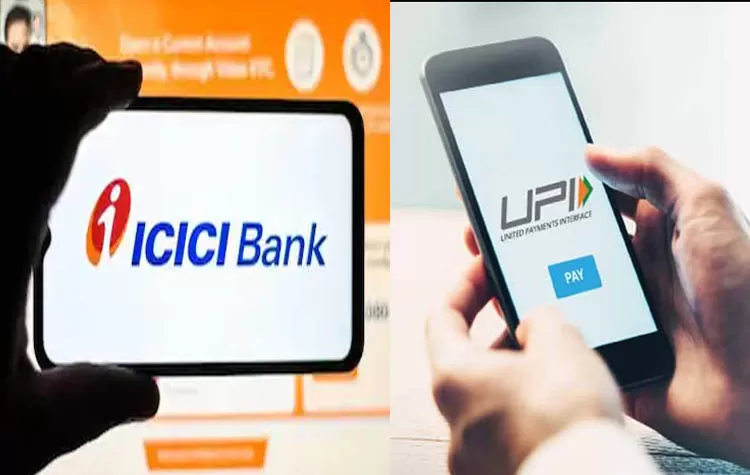
UPI Transactions See Growing Usage Across India
Digital payments through UPI are growing fast. The service is being used everywhere-be it roadside shops or shopping malls.
Now, ICICI Bank has decided to charge transactions fees on the payment aggregators handling UPI payments. According to the reports, this process is to be from August 1.
ICICI Bank Introduces Transaction Charges
According to English media, ICICI Bank informed payment aggregators about this earlier in July. The bank will charge 2 basis points per transaction, with a maximum of ₹6, from aggregators who maintain escrow accounts with ICICI Bank.
For aggregators without escrow accounts, the fee will be 4 basis points per transaction, up to ₹10.
No Additional Fees for Merchants Using ICICI Bank
ICICI clarified that these charges will not affect merchants directly. The fees apply only to payment aggregators managing digital payments for both online and offline merchants.
Until now, ICICI Bank covered the fees owed to the National Payments Corporation of India (NPCI) for processing UPI transactions. This move is aimed at reducing that financial burden.
Current UPI Payments Are Mostly Free
Currently, UPI payments do not incur transaction charges. But banks and payment gateways have complained of increasing cost of processing, particularly high-value transactions.
Earlier there were reports that merchant charges would come back, but the Central Government dropped the plan.
RBI Governor Supports Charging UPI Transactions
Last week, RBI Governor Sanjay Malhotra stated that UPI payments should not remain free. He emphasized the need for some form of charge, saying, “It should never be free. Charges are needed on this. Someone has to bear them.”
Background on Merchant Discount Rate (MDR)
Three years ago, traders paid modest MDR charges for UPI transactions—typically below 1%. In 2022, the government removed MDR charges on UPI transactions. To make up for the loss, the Center gave subsidies to banks and fintech players.













